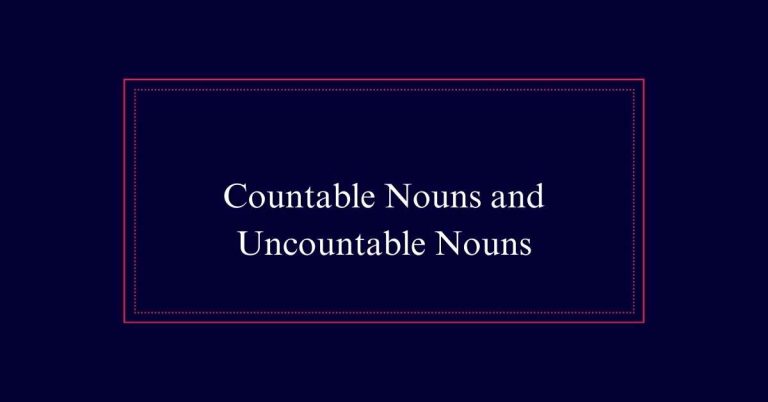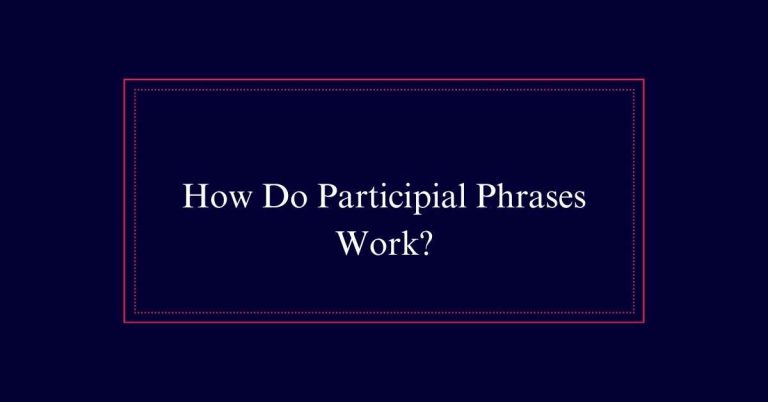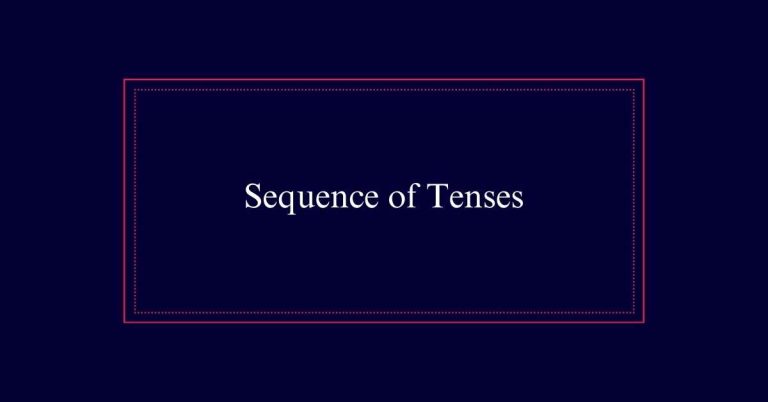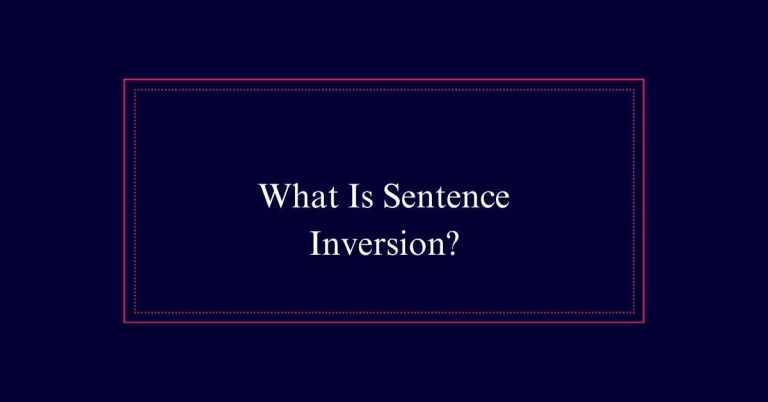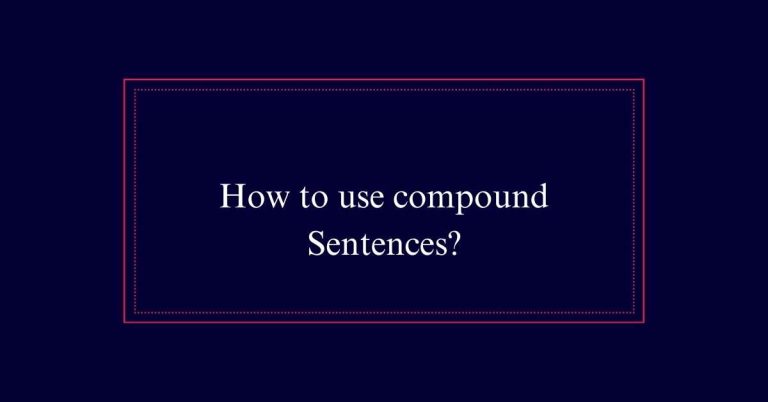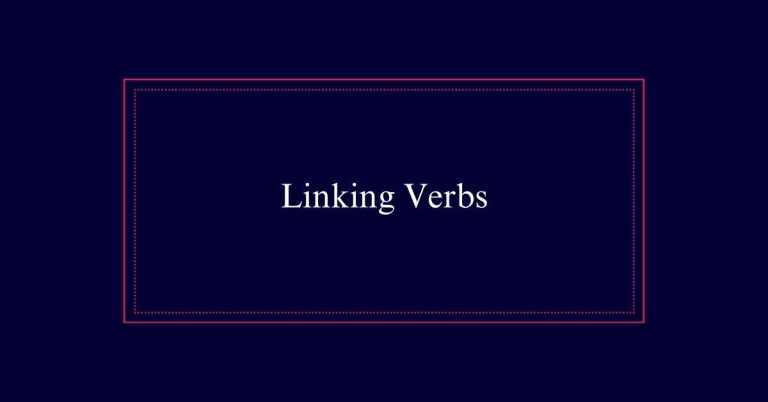When to Use “Which” and “Who”?
Use ‘who’ when referring to people. For example, ‘Who is coming to the meeting?’ This term is also the subject of the question or statement. Use ‘which’ for referring to objects or specific choices. For instance, ‘Which book do you prefer?’ Remember that ‘who’ always relates to people, while ‘which’ can refer to both things and people when options are presented.
Interrogative Pronouns
Interrogative pronouns are essential tools in forming questions in English. They help us inquire about specific information. The primary interrogative pronouns are ‘who,’ ‘which,’ ‘what,’ ‘whom,’ and ‘whose.’ Each serves a unique purpose.
‘Who’ is used to ask about people. For instance, ‘Who is coming to the meeting?’
On the other hand, ‘which’ is used to ask about choices among things or people. For example, ‘Which book did you read?’
Who for People
‘Who’ is a pronoun specifically used to refer to people in questions. It serves as the subject of a question, directing attention to a person. For example, ‘Who is coming to the meeting?’ highlights that the inquiry is about a person.
Using ‘who’ correctly guarantees clarity in communication. It is important to remember that ‘who’ is never used to refer to objects or concepts. Instead, it is exclusively associated with people. This distinction helps in forming precise questions and sentences.
For instance, ‘Who wrote this report?’ clearly asks about the individual responsible.
Modern Usage of Who
In contemporary English, ‘who’ frequently replaces ‘whom’ in both spoken and written language. This shift reflects a broader trend toward simplifying grammar rules. Traditionally, ‘whom’ was used as the object of a verb or preposition, while ‘who’ served as the subject.
However, many find this distinction cumbersome. Consequently, ‘who’ is now commonly used in place of ‘whom’. For example, instead of saying ‘To whom should I send this?’, people often say ‘Who should I send this to?’. This modern usage streamlines communication and is widely accepted in everyday conversation.
However, in formal writing, it is still advisable to use ‘whom’ correctly to maintain grammatical precision.
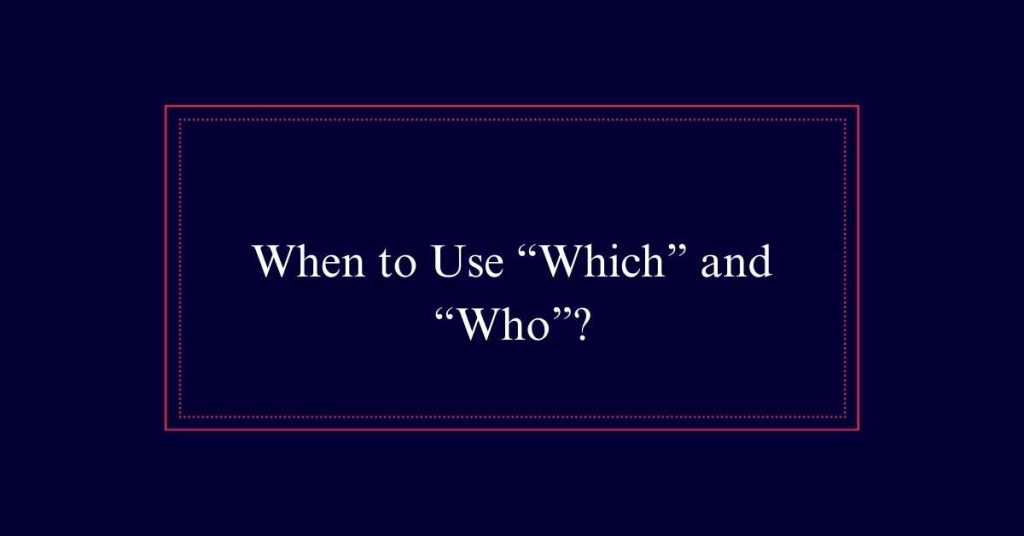
Which for Things
Using ‘which’ is essential when referring to objects or concepts in a sentence. It helps guarantee what specific item or idea is being discussed. ‘Which’ can be used effectively in various contexts to enhance precision in writing.
- Describing Objects:
‘The book, which is on the table, belongs to him.’
- Identifying Concepts:
‘The theory, which was widely accepted, has been disproven.’
- Posing Questions:
‘Which of these options do you prefer?’
- Providing Additional Information:
‘The car, which is red, was recently purchased.’
Relative Pronouns
Relative pronouns are essential tools in writing, linking clauses to provide additional information about a noun. They help to create more detailed and complex sentences. The main relative pronouns are ‘who,’ ‘whom,’ ‘whose,’ ‘which,’ and ‘that.’
‘Who’ and ‘whom’ are used for people, while ‘which’ is used for things or animals. ‘Whose’ shows possession and can refer to people or things. ‘That’ can refer to both people and things.
Using the appropriate relative pronoun guarantees clarity in writing. For example, ‘The artist who painted this is famous’ uses ‘who’ to refer to a person. Meanwhile, ‘The book which I borrowed is fascinating’ uses ‘which’ to refer to an object.
Writing Distinctions
Mastering the distinctions between ‘who’ and ‘which’ enhances the clarity and precision of your writing. ‘Who’ is used exclusively for people, while ‘which’ refers to things or objects. These differences are essential for constructing clear and accurate sentences. Misusing these pronouns can lead to confusion.
Key points to remember include:
- ‘Who’ refers to individuals or groups of people.
- ‘Which’ is used for objects, animals, or ideas.
- ‘Who’ often acts as the subject in a sentence.
- ‘Which’ can also be the subject but only refers to non-human entities.
Examples of Who
In writing, ‘who’ is exclusively used to refer to people. It serves as the subject of a question or clause. For example, ‘Who is coming to the meeting?’ clearly asks about a person.
In another instance, ‘The employee who completed the project will receive a bonus,’ ‘who’ connects the subject (employee) to the verb (completed).
Modern usage often replaces ‘whom’ with ‘who,’ such as in ‘Who did you see?’ instead of ‘Whom did you see?’ This reflects a shift towards simpler language.
Always make sure ‘who’ is associated with people.
Examples of Which
When referring to objects or concepts, ‘which’ is the appropriate pronoun to use. This distinction helps clarify writing and guarantees proper grammar. For example, consider the sentence, ‘The book, which was on the table, is mine.’ Here, ‘which’ specifies the book among other possible books.
Another example is, ‘The options, which include various colors, are available online.’ This usage illustrates a range of choices.
Here are other instances:
- ‘The report, which was submitted yesterday, needs revision.’
- ‘The software, which has several new features, is user-friendly.’
- ‘The car, which is parked outside, belongs to her.’
- ‘The project, which requires detailed planning, is significant.’
Practical Tips
Understanding the correct usage of ‘who’ and ‘which’ is essential for clear and effective writing. Here are some practical tips to guide you.
Use ‘who’ when referring to people. For example, ‘The person who called you is my friend.’
Use ‘which’ when referring to objects or concepts. For instance, ‘The book which you lent me was fascinating.’
Remember, ‘who’ is always linked to humans, while ‘which’ is connected to non-human entities.
Practice by writing sentences that clearly distinguish between the two. Review your work to make sure consistent application.
Using ‘who’ and ‘which’ correctly enhances clarity and improves the reader’s understanding, making your writing more professional and polished.

